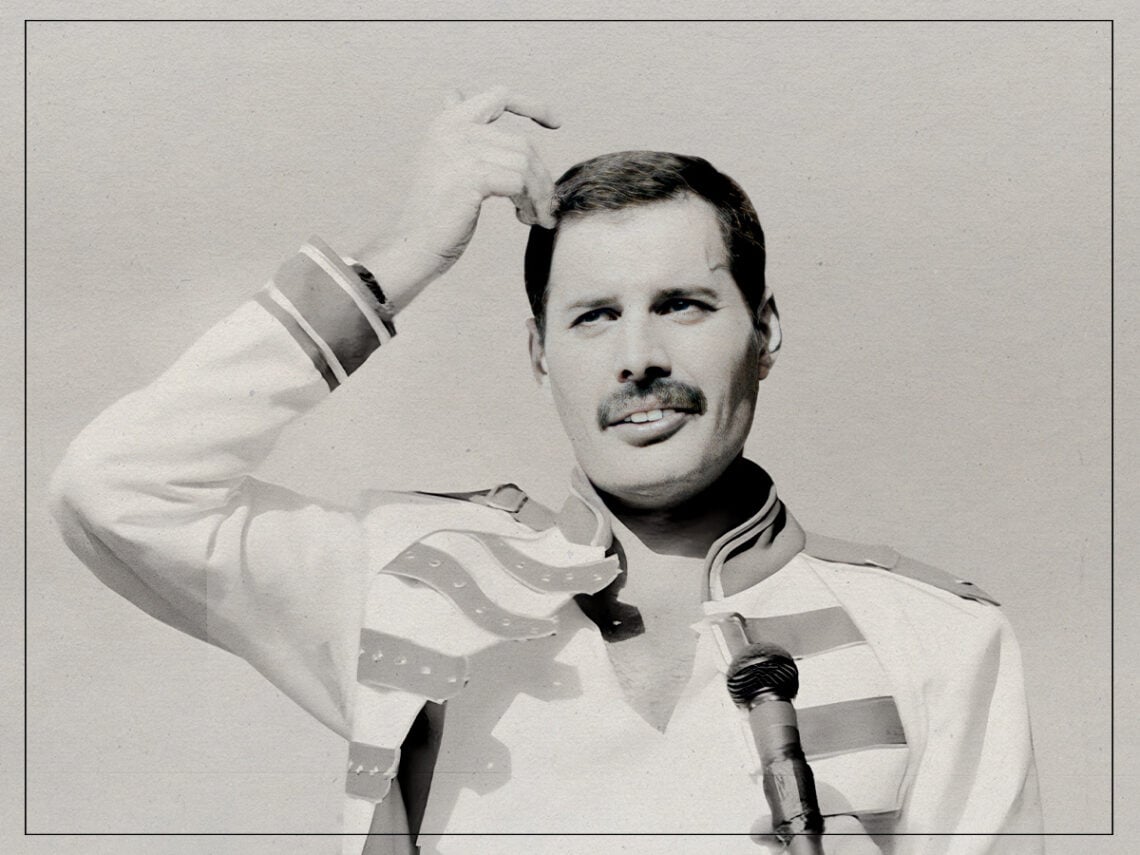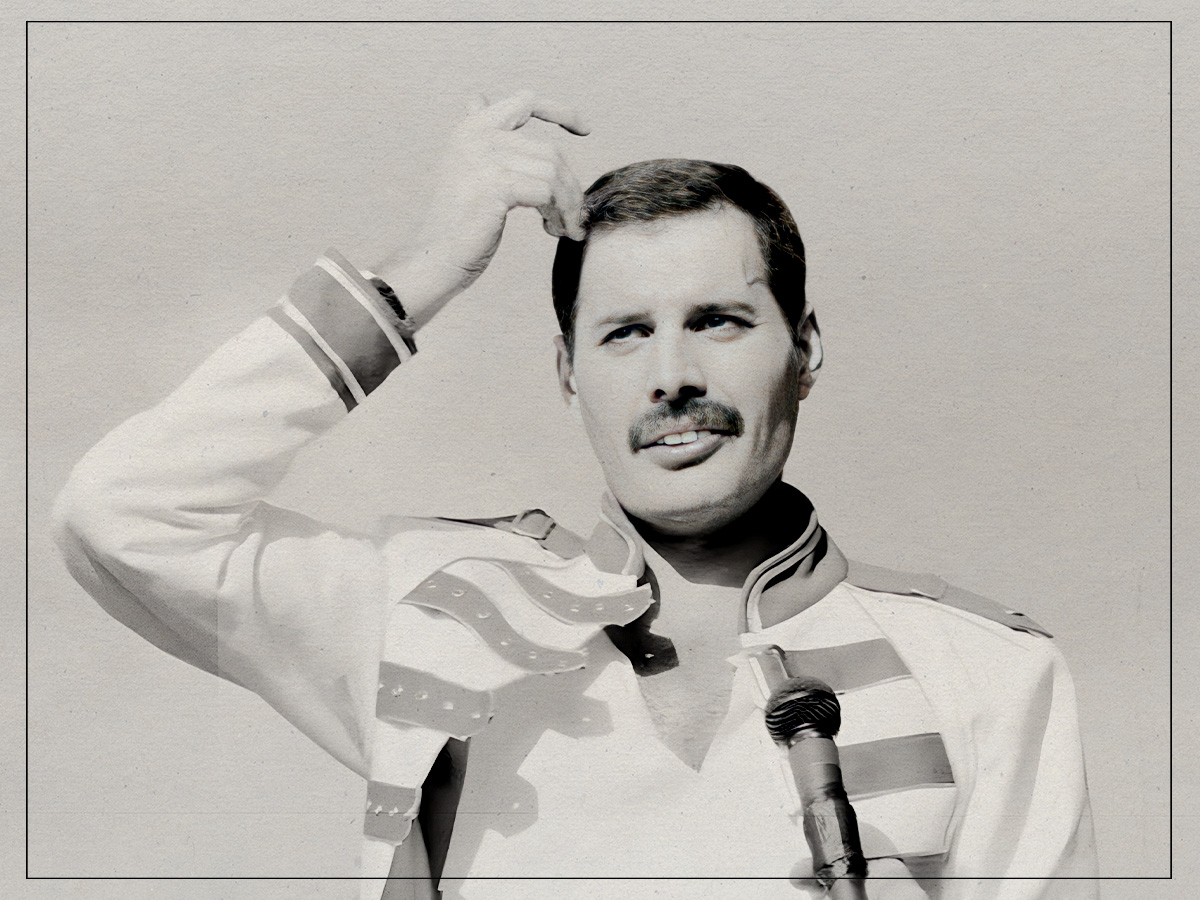
(Credits: Far Out / Carol Lee / Alamy)
Wed 17 September 2025 5:00, UK
Often remembered as the eccentric pop band who sang about killer queens, pressure and Galileo, it might come as a surprise to learn that Queen also penned socially critical songs.
Following the success of their album A Night At The Opera, featuring the likes of ‘Bohemian Rhapsody’ and ‘You’re My Best Friend’, Queen decided to take a two-month hiatus in the spring of 1976, exhausted from a four-leg, six-month tour. In June, the band began the hunt for a new studio to produce a follow-up album, eventually settling on The Manor in Oxfordshire, where recording for A Day At The Races began on July 12th with the assistance of music engineers Gary Langan and Mike Stone.
By the end of the month, the band had finished six songs, including ‘You Take My Breath Away’, a shortened version of ‘Somebody to Love’, and a track later named ‘White Man’ – the riff from which was used to introduce the song ‘Fat Bottomed Girls’ during Queen’s 2005 Return Of The Champions Tour.
Written by the band’s guitarist Brian May as a comment on the suffering Native Americans endured by European colonists, the track is considered to be one of Queen’s heaviest songs, both thematically and musically – primarily because of how loud it is.
Speaking in a 1976 interview on Capital Radio, frontman Freddie Mercury, the “greatest singer of all time”, was asked how the band managed to achieve such a loud sound on one record, to which he replied: “I don’t know, it’s down to Mike Stone, our engineer. We’re very bad in the studio for that, actually. The poor engineer has to really suffer because we really want as much level as possible.”
Adding, “We keep pushing the phasers up and he keeps looking at the meters and going ‘Oh, it’ll never cut.’ Then we give him the added task of going over to New York or wherever and saying, ‘Make sure that cuts as loud as possible.’”
At the time of the song’s release, 1976, white supremacy was, once again, on the rise in the UK, with hate groups such as the National Front circulating anti-Black and anti-immigration rhetoric. Originally called ‘Simple Man’, an ode to the track’s opening line “I’m a simple man/ With a simple name”, the track was renamed to align with its anti-colonial message.
Throughout the track, European colonisers are referred to as “the immigrant”, flipping supremacy on its head and pointing out the similarities between its founding principles and colonialism. While this might be a creative play on words, there are more explicit nods to the far-right movement, such as the lyric “on our blood and sand” – a take on the Nazi slogan “blood and soil” that expressed its ideal of a racially defined national body united with a settlement area.
May doesn’t miss a lyrical beat, writing of everything from religious justifications for colonialism (“on the Bible you swore”), cultural whitewashing (“you took away the sights/ To my blind simple eyes”), and the physical memorialisation of such times (“what is left of your dream?/Just the words on your stone).
Still, it is the song’s second chorus that packs the biggest lyrical punch. Commenting on the destruction of the natural landscape (“our country was green”), alongside the physical violence endured by the Native Americans (“you came with a gun/ And soon our children died”), the message behind ‘White Man’ remains, to this day, pertinent, given the atrocious geopolitical conflicts we are currently seeing across the world.
So, next time you want to listen to the pop culture sensations, why not take a listen to ‘White Man’ and think about the message behind May’s evergreen lyrics.
Related Topics

